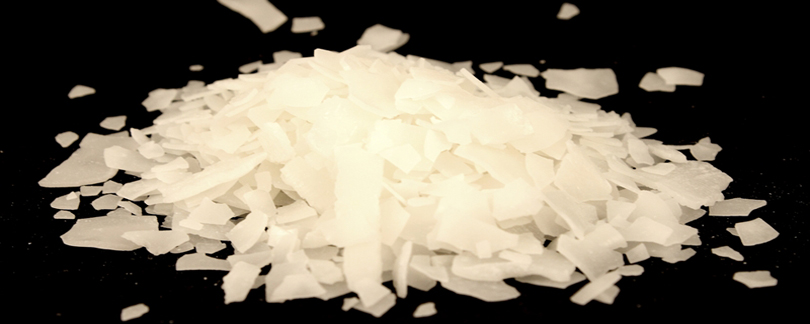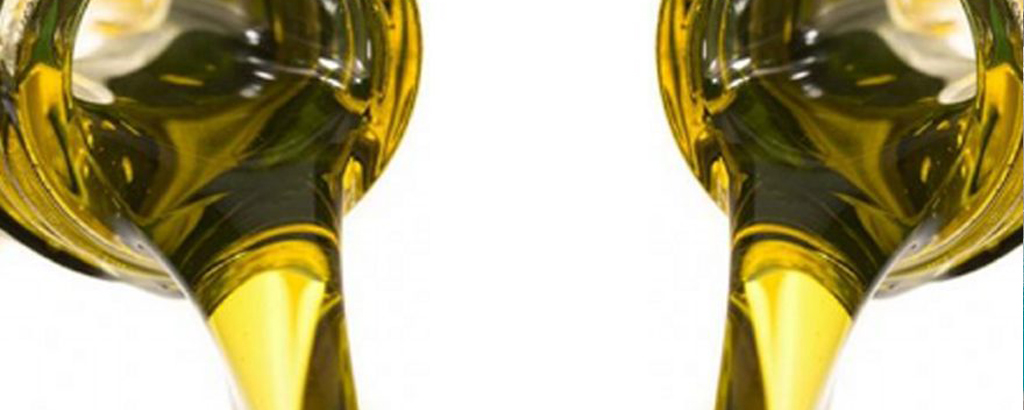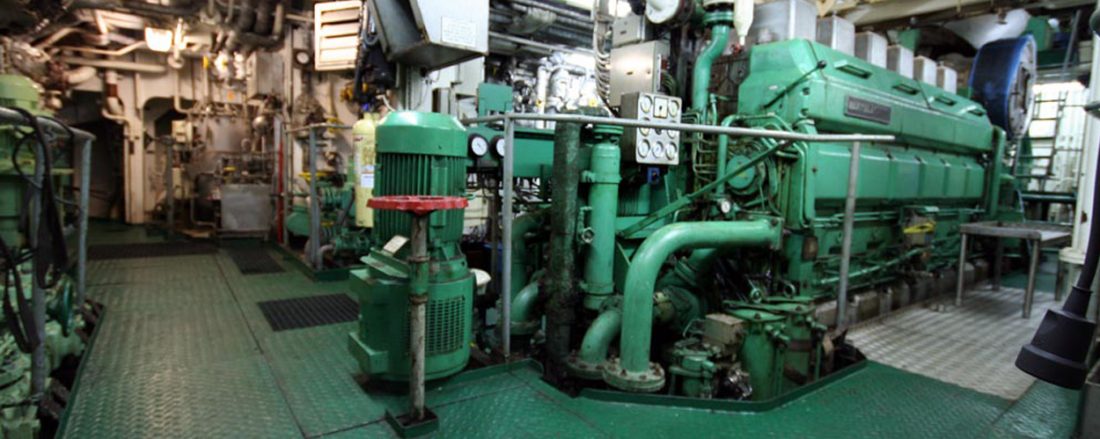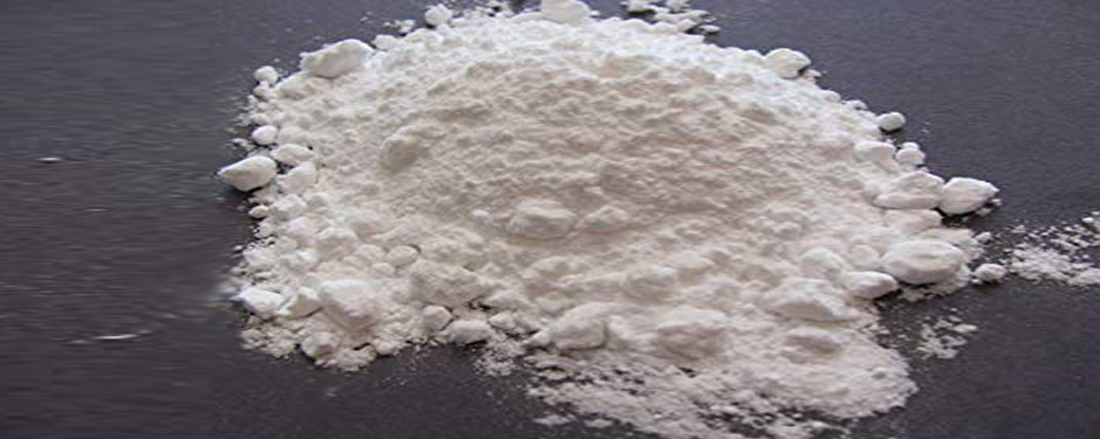Vizag chemical is one of the Bentonite distributors, manufacturers, exporters, and suppliers in Fujairah, Dubai, Sharjah, Abu Dhabi, Doha, Kuwait, kenya. We are supplied to various industrial markets including Household, Institutional Cleaning, Personal Care, and Industrial sectors including Oil fields, Agriculture, Lubricants, Marine Industry, Metal Working chemical industry, and Coatings markets.
Bentonite is an absorbent swelling clay consisting mostly of montmorillonite. It usually forms from weathering of volcanic ash in seawater, which converts the volcanic glass present in the ash to clay minerals. Bentonite beds are white or pale blue or green in fresh exposures, turning to a cream color and then yellow, red, or brown as the exposure is weathered further.
As a swelling clay, bentonite has the ability to absorb large quantities of water, which increases its volume by up to a factor of eight. This makes bentonite beds unsuitable for building and road construction. However, the swelling property is used to advantage in the drilling mud and groundwater sealants. The montmorillonite making up bentonite is an aluminium phyllosilicate mineral, which takes the form of microscopic platy grains. These give the clay a very large total surface area, making bentonite a valuable adsorbent. The plates also adhere to each other when wet. This gives the clay a cohesiveness that makes it useful as a binder and as an additive to improve the plasticity of kaolinite clay used for pottery.
The main uses of bentonite are in the drilling mud and as a binder, purifier, absorbent, and carrier for fertilizers or pesticides. As of around 1990, almost half of the US production of bentonite was used as drilling mud. Minor uses include filler, sealant, and catalyst in petroleum refining. Calcium bentonite is sometimes marketed as fuller’s earth, whose uses overlap with those of other forms of bentonite.
Drilling mud
Bentonite is used in drilling mud to lubricate and cool the cutting tools, remove cuttings, and help prevent blowouts. Bentonite also curtails drilling fluid invasion by its propensity for aiding in the formation of mud cake. Much of bentonite’s usefulness in the drilling and geotechnical engineering industry comes from its unique rheological properties.
Binder
Bentonite has been widely used as a foundry-sand bond in iron and steel foundries. Sodium bentonite is most commonly used for large castings that use dry molds, while calcium bentonite is more commonly used for smaller castings that use “green” or wet molds. Bentonite is also used as a binding agent in the manufacture of iron ore (taconite) pellets as used in the steelmaking industry. Bentonite, in small percentages, is used as an ingredient in commercial and homemade clay bodies and ceramic glazes. It greatly increases the plasticity of clay bodies and decreases settling in glazes, making both easier to work with for most applications.
Sealant
The property of swelling on contact with water makes sodium bentonite useful as a sealant since it provides a self-sealing, low-permeability barrier. It is used to line the base of landfills to prevent migration of leachate, for quarantining metal pollutants of groundwater, and for the sealing of subsurface disposal systems for spent nuclear fuel. Similar uses include making slurry walls, waterproofing of below-grade walls, and forming other impermeable barriers, e.g., to seal off the annulus of a water well, to plug old wells.
Absorbent
Bentonite is used in a variety of pet care items such as cat litter to absorb pet waste. It is also used to absorb oils and grease.
Carrier
Bentonite is used as an inert carrier for pesticides, fertilizer, and fire retardants. It helps ensure that the active agent is uniformly dispersed and that pesticides and fertilizers are retained on the plants.
Filler
Bentonite is used as a filler in a wide variety of products, including adhesives, cosmetics, paint, rubber, and soaps. It also acts as a stabilizer and extender in these products.
Pottery
The clay from which pottery is made is described as “plastic” if it can be stretched without cracking, or “short” or non-plastic if it tends to break up when formed. A small amount of bentonite is often added to make a clay mixture more plastic.
Purification
Bentonites are used for decolorizing various mineral, vegetable, and animal oils. They are also used for clarifying wine, liquor, cider, beer, mead, and vinegar.
Bentonite By Types:
Sodium Bentonite
Calcium Bentonite
Bentonite By Applications:
Molding Sands
Iron Ore Pelletizing
Pet Litter
Drilling Mud
Civil Engineering
Agriculture
Others
We are trying our best to supply every chemical you may wish to buy. However, if there is something you can’t find, feel free to contact us and we will find just what you are looking for and offer you a competitive price. For more information or to request a particular product, call customer services or Given website Email address.
mail@kenyachemical.com





